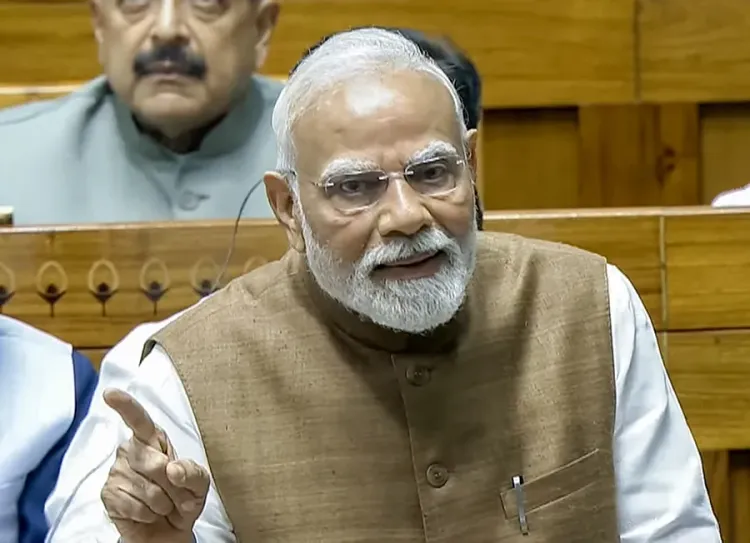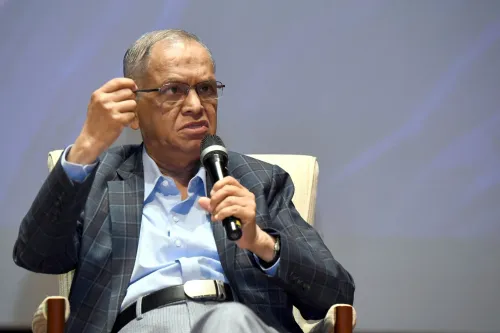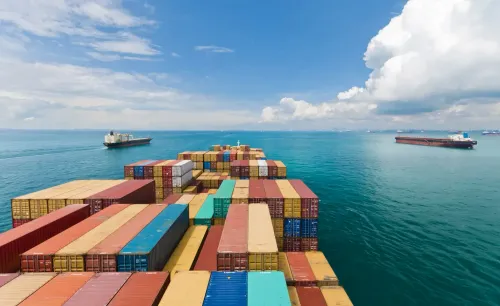Will India Stand Firm Against Foreign Pressure? Insights from Ranbir Gangwa

Synopsis
Key Takeaways
- India prioritizes its national interests.
- Political leaders affirm independence from foreign influence.
- Negotiations with the US remain a possibility.
- India's non-aligned history shapes its current strategic approach.
- Economic challenges can spur diplomatic engagement.
New Delhi, July 31 (NationPress) In light of the recent decision by the US to impose a 25 percent tariff along with penalties on Indian exports, political leaders across the spectrum voiced their commitment to India's autonomous policy-making. Haryana Cabinet Minister Ranbir Gangwa emphasized that India is a 'New India' that operates free from external influences, asserting that the Modi administration prioritizes the nation's interests in every decision.
He stated, “President Trump has linked these tariffs to India's procurement of arms and crude oil from Russia. The Modi government will always procure from sources that align with our national interests. We are not a government that bows to external pressures.”
Neeraj Kumar, chief spokesperson for the Janata Dal (United), commented on the US's willingness to engage in dialogue despite the tariff announcement. He remarked, “Our resolve is backed by 1.4 billion citizens. India has historically upheld a non-aligned stance and has resisted imperialism. We are prepared to confront these challenges.”
In response to the US tariffs, India has signaled its readiness to take necessary measures to protect its national interests, as evidenced by recent trade agreements like the Comprehensive Economic and Trade Agreement (CETA) with the UK.
The 25 percent tariff on Indian goods is scheduled to take effect from August 1. Economists believe there remains potential for negotiation on a trade deal with the US.
Economist Trinh Nguyen remarked that the Trump administration's actions were anticipated, stating, “This is not surprising. I have been considering what a US–India deal might entail, and frankly, I expected this response. India has the capacity to negotiate and address this challenge. The outcome of those negotiations remains to be seen.”









